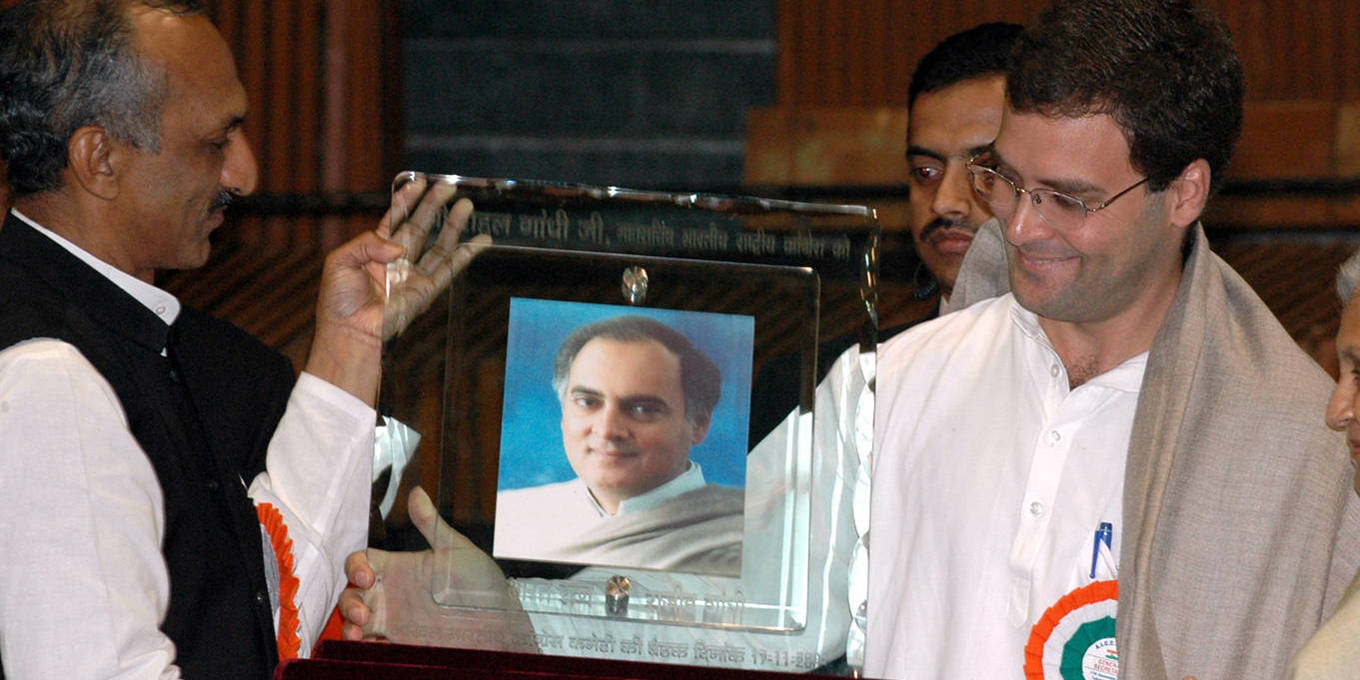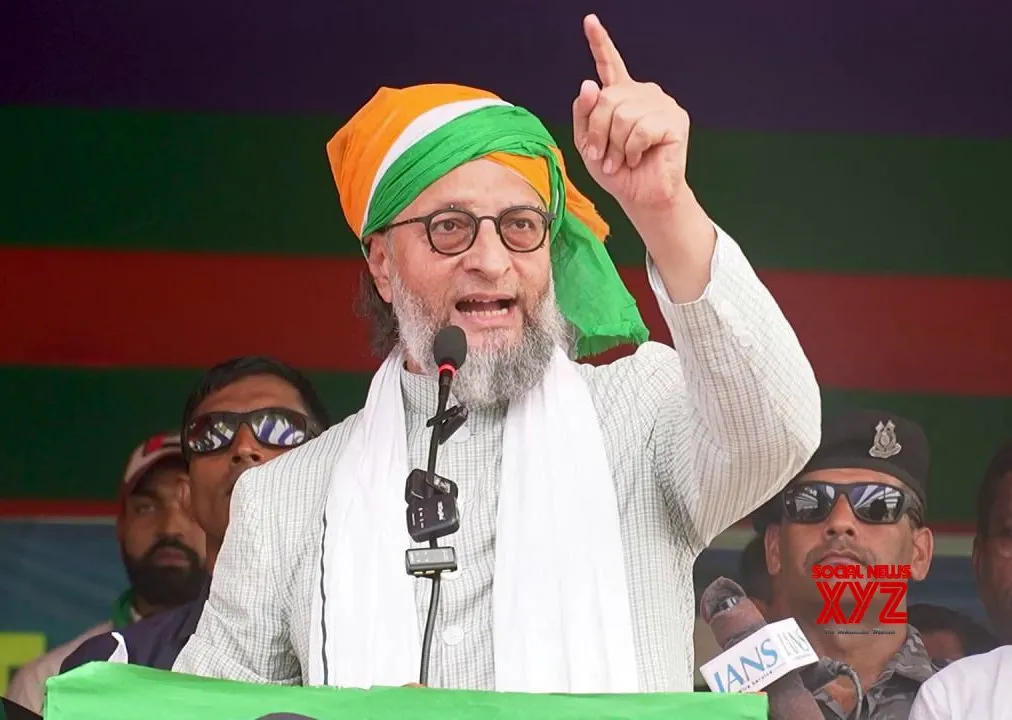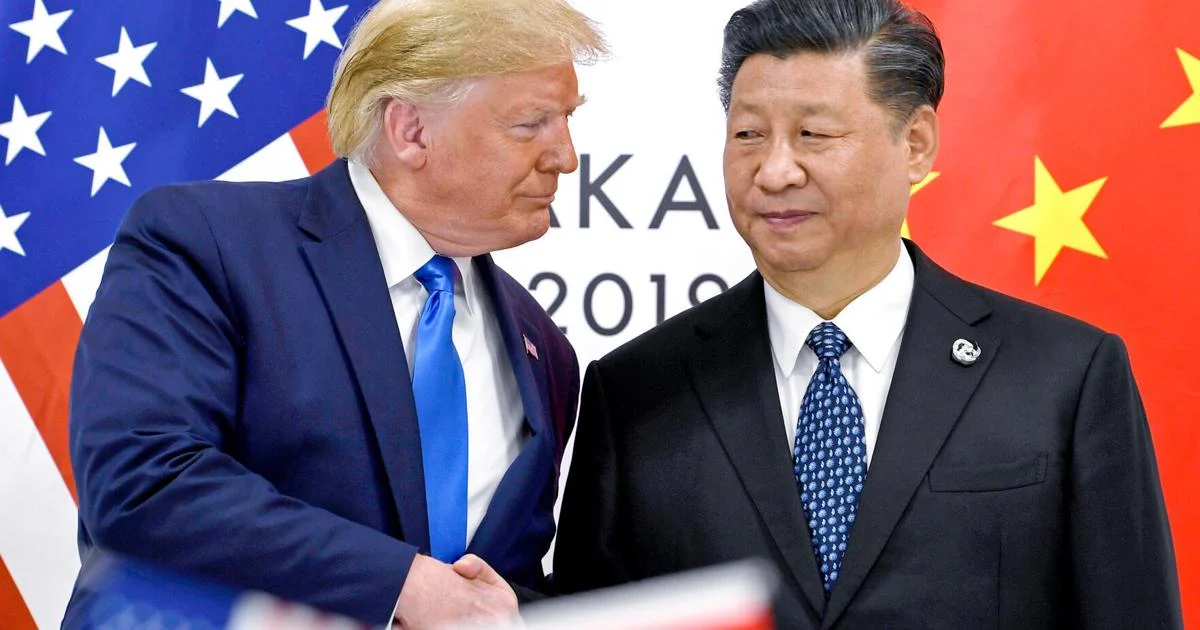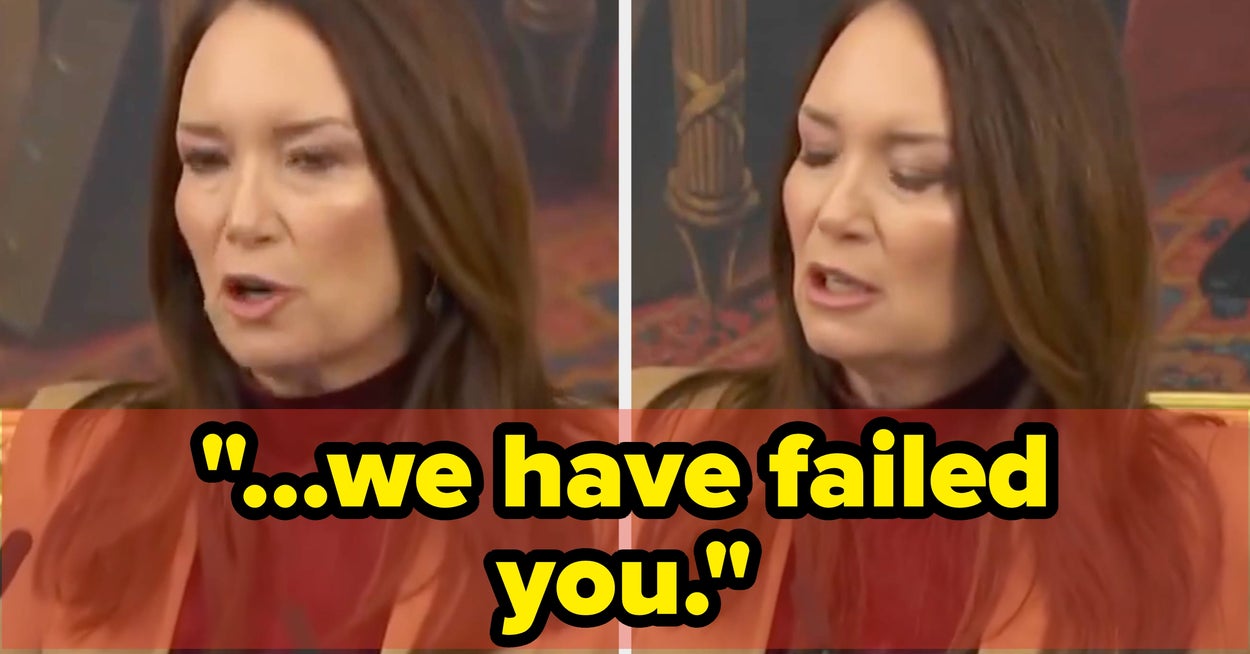Copyright Project Syndicate

NEW DELHI – For decades, one family has towered over Indian politics. The influence of the Nehru-Gandhi dynasty – including independent India’s first prime minister, Jawaharlal Nehru, prime ministers Indira Gandhi and Rajiv Gandhi, and current opposition leader Rahul Gandhi and MP Priyanka Gandhi Vadra – is bound up with the history of India’s struggle for freedom. But it has also cemented the idea that political leadership can be a birthright. This idea has penetrated Indian politics across every party, in every region, and at every level. While the Nehru-Gandhi family is associated with the Indian National Congress, dynastic succession prevails across the political spectrum. After the passing of Bijayananda (Biju) Patnaik – who was influential in the formation of the Janata Dal party – his son Naveen won his father’s vacant seat in the Lok Sabha (the lower house of parliament). Naveen subsequently founded the Biju Janata Dal, named in his father’s honor, and followed Biju’s footsteps in becoming Chief Minister of the state of Odisha, which he led for over two decades. The Maharashtra-based Shiv Sena’s founder, Bal Thackeray, passed the leadership mantle to his son Uddhav, whose own son, Aditya, is waiting visibly in the wings. The same goes for Samajwadi Party founder Mulayam Singh Yadav, a former chief minister of Uttar Pradesh, whose son, Akhilesh Yadav, later served in the same post; Akhilesh is now an MP and the president of the party. In Bihar state, the leader of the Lok Janshakti Party, Ram Vilas Paswan, was succeeded by his son, Chirag Paswan. Beyond the Indian “heartland,” Jammu and Kashmir has been led by three generations of Abdullahs, with the principal opposition party dominated by two generations of Muftis. In Punjab, the Shiromani Akali Dal, long commanded by Parkash Singh Badal, has been taken over by his son, Sukhbir. Telangana is currently witnessing a battle for succession between the son and the daughter of the Bharat Rashtra Samithi’s founder, K. Chandrasekhara Rao. In Tamil Nadu, the late M. Karunanidhi’s family controls the ruling Dravida Munnetra Kazhagam party, with his son, M.K. Stalin, now serving as Chief Minister and his grandson anointed as heir apparent. This phenomenon is not limited to a handful of prominent families; rather, it is woven deeply into the fabric of Indian governance, from village councils to the highest echelons of parliament. As one recent investigation revealed, 149 families are represented by multiple members in state legislative assemblies, with 11 central ministers and nine chief ministers also having family connections. A study of the 2009 elections established that two-thirds of MPs under 45 already had a close relative in politics, and younger MPs had almost all inherited a parliamentary seat, usually from a parent. Across all parties, 70% of female MPs were from a dynastic background. Even women politicians who have no direct heirs, such as Mamata Banerjee and Kumari Mayawati, have selected nephews as their successors. To be fair, such dynastic politics are practiced across the Indian subcontinent: the Bhuttos and Sharifs in Pakistan, the Sheikh and Zia families in Bangladesh, and the Bandaranaikes and the Rajapaksas in Sri Lanka. But they appear particularly incongruous with India’s vibrant democracy. Why, then, has India embraced the dynastic model so fully? One reason might be that a family can serve effectively as a brand: candidates with built-in name recognition do not have to work as hard to attract voters’ attention or build their trust. If voters accepted a candidate’s father, aunt, or sibling, they would probably accept the candidate – no credibility-building required. This effect would have been particularly powerful in the India of the past, which had low literacy rates and media penetration. But with the literacy rate approaching 81% and mobile-internet penetration exceeding 95%, other forces must also be at work. Perhaps the most important arises from internal party dynamics. Indian political parties are largely personality-driven (with a few exceptions). Leadership-selection processes are often opaque, with decisions made by a small clique or even a single leader – figures with little interest in rocking the boat. As a result, nepotism generally trumps meritocracy. It does not help that running for office requires huge amounts of resources. Dynastic families typically possess considerable financial capital, which they have accumulated over years in power. Moreover, they have access to ready-made election machinery, including networks of donors, party workers, and local thugs. This gives them an enormous advantage over political newcomers. India’s embrace of political dynasties may also have a cultural component. Despite massive progress on modernization, Indian society retains a sense of feudal fealty, only the reverence once offered to local zamindars (landowners) or royalty is now granted to political leaders. This reinforces the impression that political elites are somehow in a different league, which makes them – and their families – uniquely suited to power. This sense of entitlement is so powerful that it can overshadow even a poor track record, enabling dynasts to remain at the helm of their parties despite successive electoral defeats. Dynastic politics pose a grave threat to Indian democracy. When political power is determined by lineage, rather than ability, commitment, or grassroots engagement, the quality of governance suffers. Drawing from a smaller talent pool is never advantageous, but it is especially problematic when candidates’ main qualification is their surname. In fact, given that members of political dynasties are likely to be insulated from the challenges faced by ordinary people, they are often particularly ill-equipped to respond effectively to their constituents’ needs. Yet there is no guarantee that they will be held accountable for poor performance. It is high time India traded dynasty for meritocracy. This would require fundamental reforms, from imposing legally mandated term limits to requiring meaningful internal party elections, together with a concerted effort to educate and empower the electorate to choose leaders based on merit. As long as Indian politics remain a family enterprise, the true promise of democracy – “government of the people, by the people, for the people” – cannot be fully realized.



